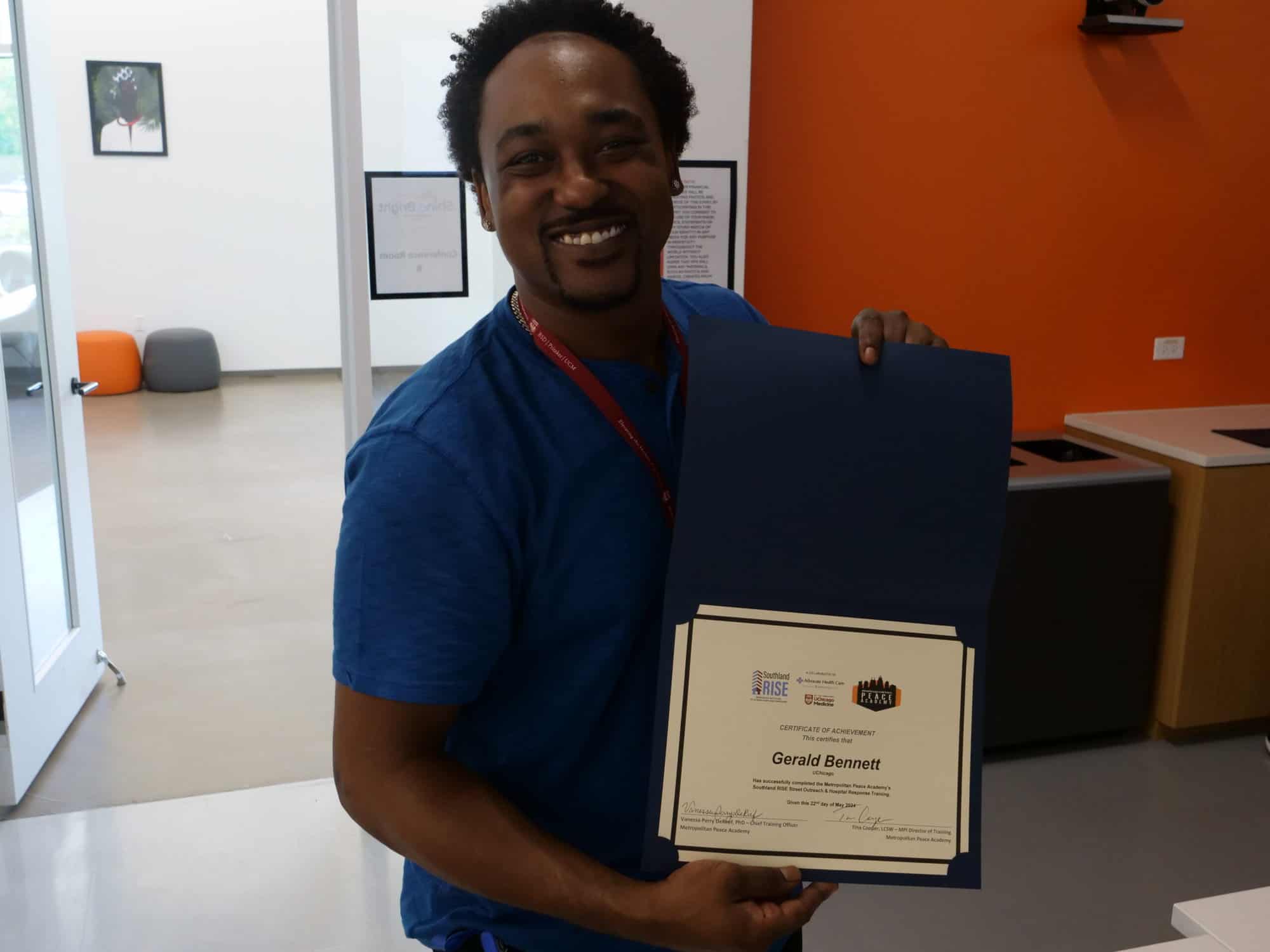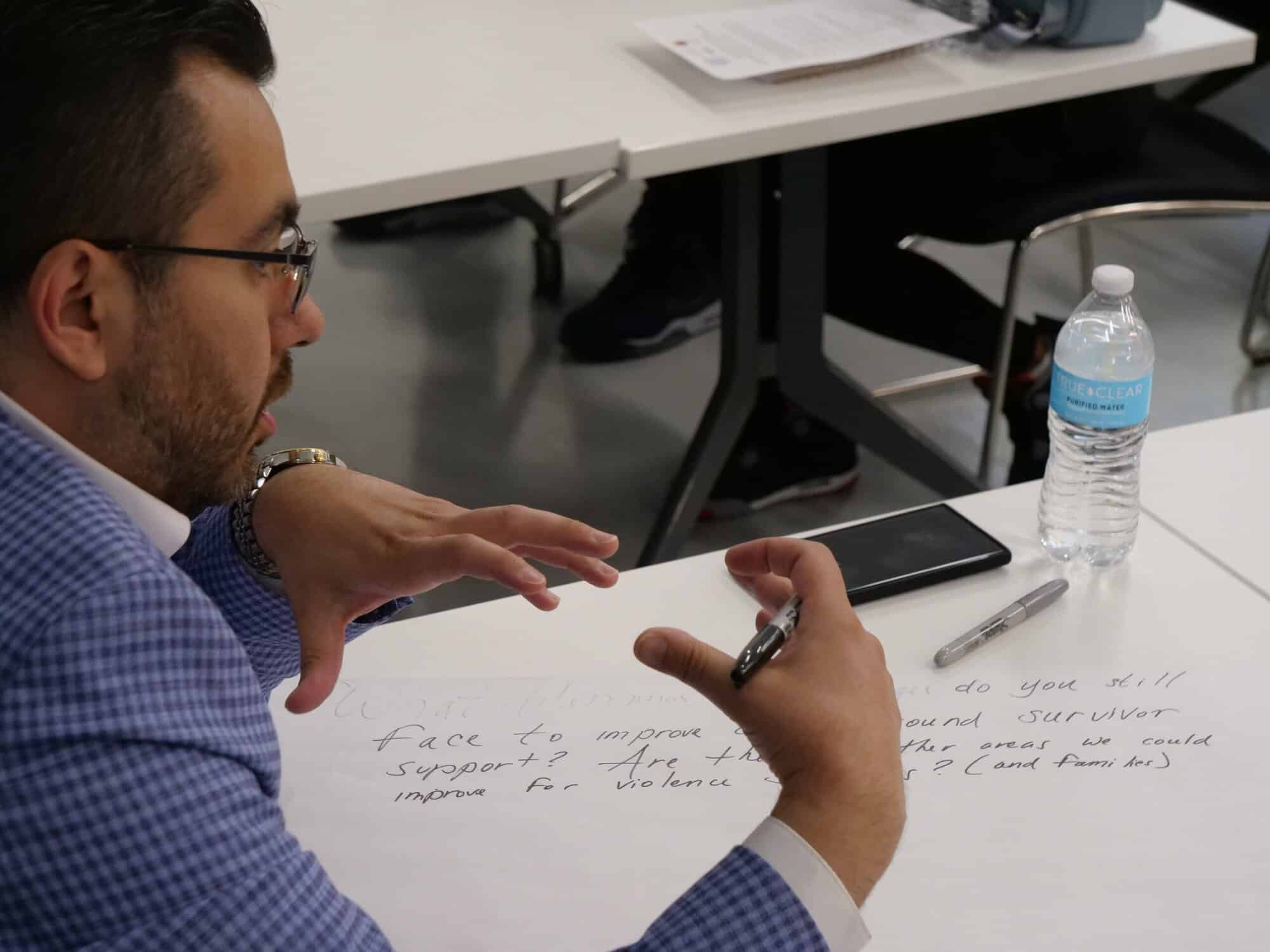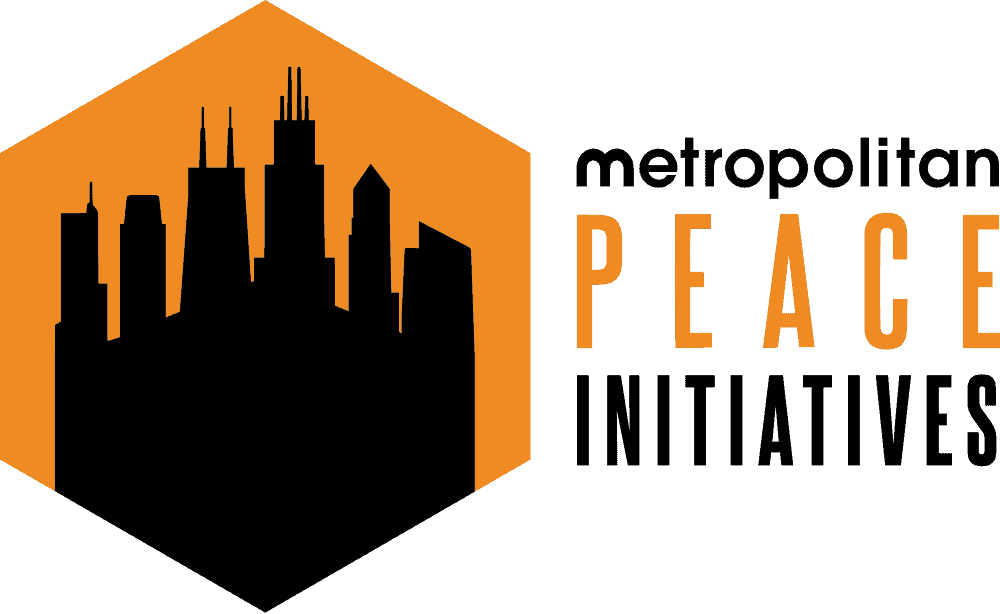Southland RISE: Strengthening Violence Recovery Through Hospital and Street Outreach Collaboration

Southland RISE, a joint initiative by UChicago Medicine and Advocate Christ Medical Center, aims to improve treatment and support for crime survivors and their families by forging stronger connections between hospitals and street outreach organizations. Partnering with Metropolitan Family Services (MFS), Metropolitan Peace Initiatives (MPI), and Communities Partnering 4 Peace (CP4P), the initiative has significantly strengthened the violence recovery ecosystem on Chicago’s South Side and in the south suburbs. This effort is part of a comprehensive training curriculum developed by MPI and the two hospitals, funded by a grant from the Illinois Criminal Justice Information Authority (ICJIA).
The seven training sessions covered various critical topics, including communication between street outreach and hospital workers, insights from a trauma surgeon on the critical first hour, law enforcement interaction, and an overview of hospital-based violence intervention programs (HVIPs) from UChicago Medicine and Advocate models.

The final debriefing session at the Discovery Center celebrated the growth of knowledge within the participants as well as the growth of the program. Tina Cooper, the Director of Clinical Training at MPI, shared statistics and reflections from both hospital and street outreach teams. The feedback was overwhelmingly positive, with 100 percent of attendees recommending the training to other community violence intervention workers. The session concluded with a certificate ceremony, recognizing the participants’ commitment and effort.
“After seven trainings and thinking about the future of this collaboration, we all need each other and all need to continue supporting the work,” said Anita Chavez-Berry, Senior Program Coordinator of Southland RISE.
By bridging the gap between healthcare providers and street outreach organizations, Southland RISE creates a more cohesive and supportive system for those in critical need. The success of this training program brings hope for the potential of similar collaborations in other cities, contributing to a broader impact on violence recovery and community health.
